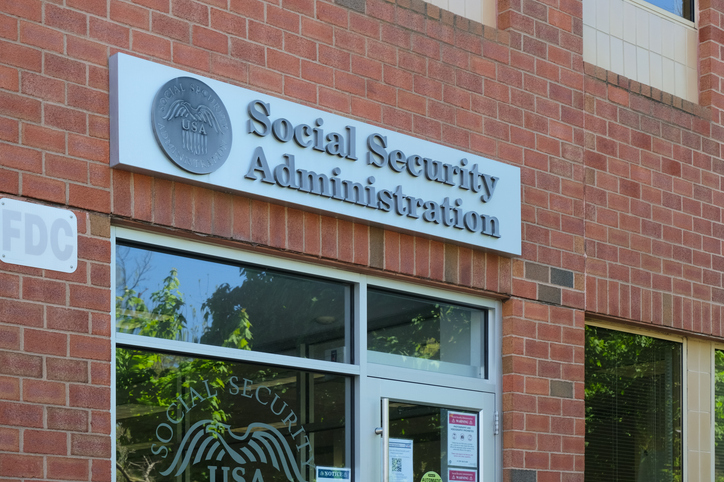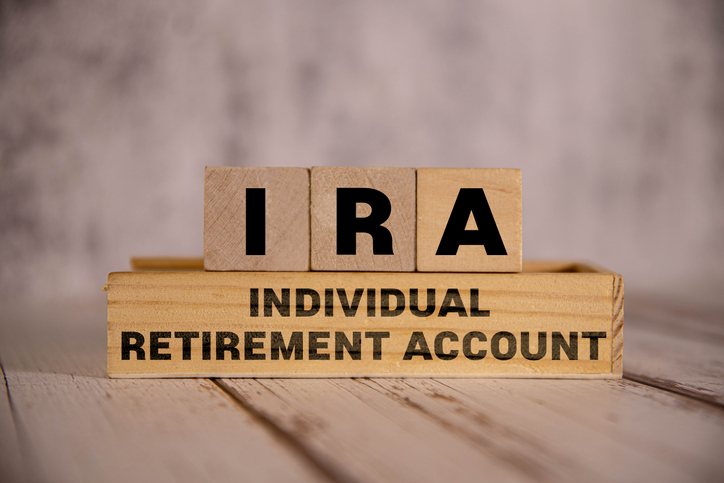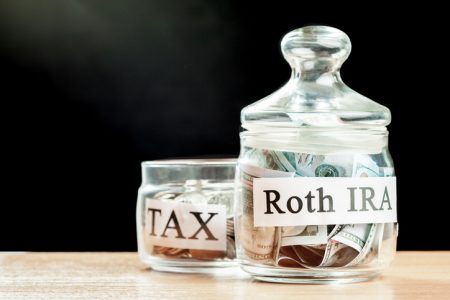Waiting until age 70 to retire can offer you some clear financial advantages, including maximum Social Security payments and more time for your investments to grow. But even with those benefits and a half-million-dollar nest egg, determining whether you have enough to retire at age 70 will depend on your lifestyle, health, investment strategy and spending needs. Here’s what you should consider when deciding to retire at a certain age.
If you need help evaluating your personal retirement outlook and building a withdrawal strategy, consider speaking with a fiduciary financial advisor.
How Waiting Until 70 Changes the Equation
An American male has a 30.2% chance of dying before reaching age 70, according to the Social Security Actuarial Life Tables1. An American female has a 19.1% chance of dying before reaching the same age.
If you think you can beat those odds, planning to retire at 70 rather than earlier offers several financial advantages. By delaying Social Security until this age, you’ll receive the maximum possible monthly benefit, typically 132% of your full retirement age amount2. That increase, combined with the extra years your investments have to grow, can meaningfully improve your financial outlook.
Waiting until 70 also shortens your expected retirement horizon. If you live to 90, your retirement will last 20 years instead of 25 or 30, reducing the strain on your portfolio. That extra time also allows your Roth IRA to continue compounding tax-free, increasing your retirement income potential. For someone with a relatively modest nest egg, that delay can be important.
Even with these benefits, however, you’ll still need to assess whether a $500,000 Roth IRA and $3,000 in Social Security provides enough income to support the lifestyle you want.
How Much Income Can a $500k Roth IRA Generate?
A common rule of thumb for retirement withdrawals is the 4% rule. Applying this to a $500,000 Roth IRA means withdrawing $20,000 per year, or about $1,667 per month. When you combine this with your $3,000 monthly Social Security check, your total monthly income would be approximately $4,667, or approximately $56,000 annually.
This level of income can support a relatively comfortable lifestyle in many areas of the country, particularly if you own your home or have minimal debt. However, if you need to withdraw more than 4% annually, such as $2,500 per month or $30,000 per year from your Roth IRA, you’ll raise your withdrawal rate to 6%. That increases the risk of depleting your savings too early, especially in the face of inflation, market downturns or unexpected expenses.
Longevity Risk and Spending Horizon

Waiting to retire at 70 helps address the possibility of outliving your money, known as longevity risk. But even with a shorter retirement window, many people live well into their 90s. That means you could still need to fund 20 to 25 years of living expenses.
The longer you live, the more you’ll need to manage your withdrawals carefully. Drawing too much too early can drain your portfolio fast. But being too conservative with withdrawals, by comparison, could also mean sacrificing comfort without need. That’s why you should build a flexible income strategy that can adjust to market performance and personal needs.
How Investment Strategy Affects Monthly Income
How you invest your $500,000 also makes a major difference in how long it lasts and how much income it produces. Consider the pros and cons of various retirement investment strategies:
- Cash: Keeping your Roth IRA in cash or CDs limits volatility but also caps growth. At current rates of about 4% for CDs, your earnings would be limited to $20,000 annually and you may not be able to keep up with inflation.
- Bonds: A bond-heavy portfolio might return 3% to 5% annually. That could generate $15,000 to $25,000 per year in income, before drawing down principal. This approach balances stability and income, but requires careful bond selection and reinvestment planning.
- Stocks: Investing in equities increases growth potential. The S&P 500 averages around 10% annually, but with higher risk and volatility. You’d need to reduce withdrawals in down years to avoid sequence risk.
- Blended portfolio: A mix of stocks and bonds can offer both growth and income. A typical 60/40 portfolio might return 5% to 7% annually, providing a good balance for most retirees.
Since Roth IRA withdrawals are tax-free in retirement, your entire distribution is available for spending. This boosts your effective income and simplifies budgeting.
What Lifestyle Can You Afford on $4,667/Month?
A monthly retirement income of $4,667 could cover a comfortable lifestyle in much of the U.S., but it really comes down to your expenses and lifestyle choices.
If your home is paid off, you live in an affordable area and your hobbies don’t cost much, this amount may go further than you expect. But in a high-cost city or with large medical bills, you might find it harder to stretch that income.
Typical retirement expenses include:
- Housing (including property taxes, insurance, or rent)
- Food and essentials
- Transportation
- Healthcare and insurance premiums
- Leisure, travel and entertainment
- Unexpected costs, such as home repairs, dental work or inflation shocks
How to Stretch Your Savings Further
If your projected expenses exceed your anticipated income, you still have options:
- Delay large purchases or downsize your home to reduce housing costs.
- Consider purchasing a single premium immediate annuity (SPIA) to guarantee monthly income for life.
- Consider part-time work or freelance income to add flexibility to your budget.
- Limit discretionary spending during market downturns to preserve principal.
- Rebalance your portfolio periodically to maintain your target asset allocation and reduce risk.
The longer your retirement lasts, the more important it is to keep spending in check and maintain growth potential in your investments.
Other Key Factors to Consider
Several additional considerations could affect your retirement outlook:
- Marital status: A surviving spouse may receive a larger Social Security benefit, but losing one income stream could affect long-term planning.
- Healthcare: While Medicare begins at 65, out-of-pocket expenses such as premiums, deductibles and long-term care can still add up.
- Taxes: While Roth IRA withdrawals are tax-free, you may still pay taxes on up to 85% of your Social Security benefits depending on other income.
- Estate planning: A Roth IRA can be a powerful tool for passing wealth to heirs, especially because it avoids required minimum distributions (RMDs) during your lifetime.
Bottom Line

With $500,000 in a Roth IRA and $3,000 a month from Social Security, retiring at 70 can work for many people if they budget carefully and keep expenses moderate. But your comfort will specifically depend on how well you manage your spending, investments and unexpected costs.
Retirement Planning Tips
- A financial advisor can help you create a retirement income strategy and manage your nest egg. Finding a financial advisor doesn’t have to be hard. SmartAsset’s free tool matches you with vetted financial advisors who serve your area, and you can have a free introductory call with your advisor matches to decide which one you feel is right for you. If you’re ready to find an advisor who can help you achieve your financial goals, get started now.
- If you want to know how much your nest egg could grow over time, SmartAsset’s retirement calculator could help you get an estimate.
Photo credit: ©iStock.com/Zolak, ©iStock.com/brizmaker, ©iStock.com/Veronique D
Read the full article here









